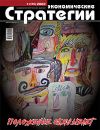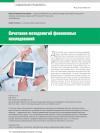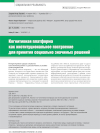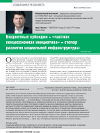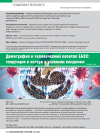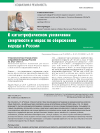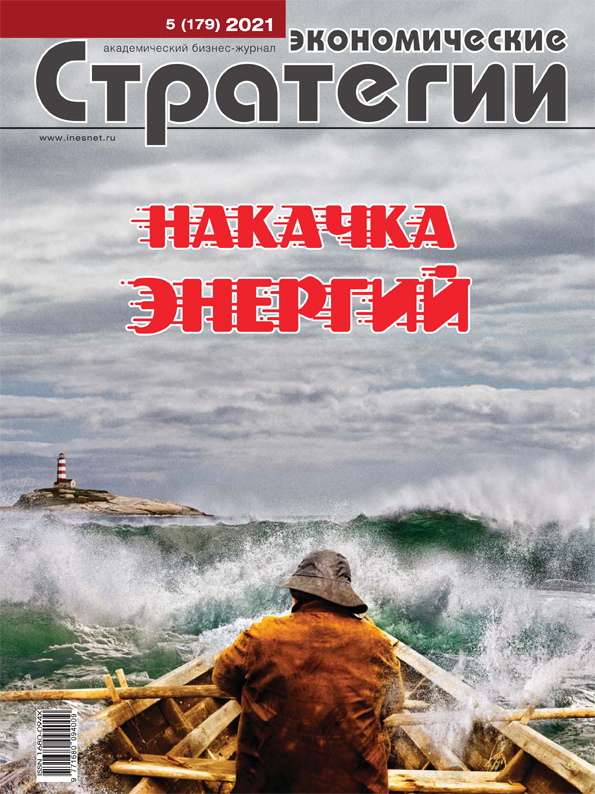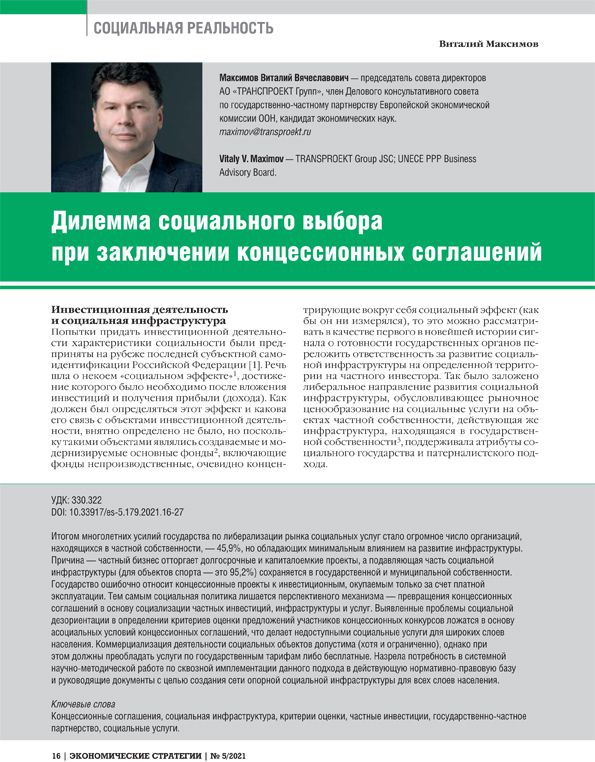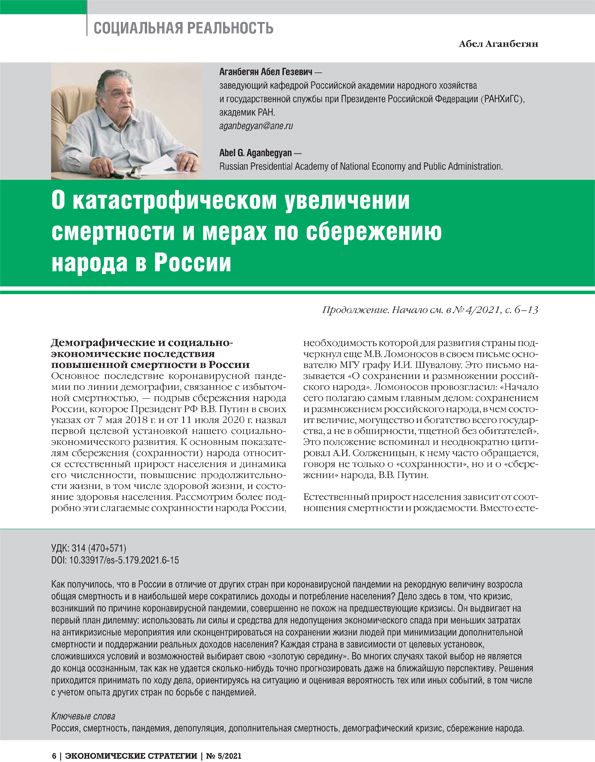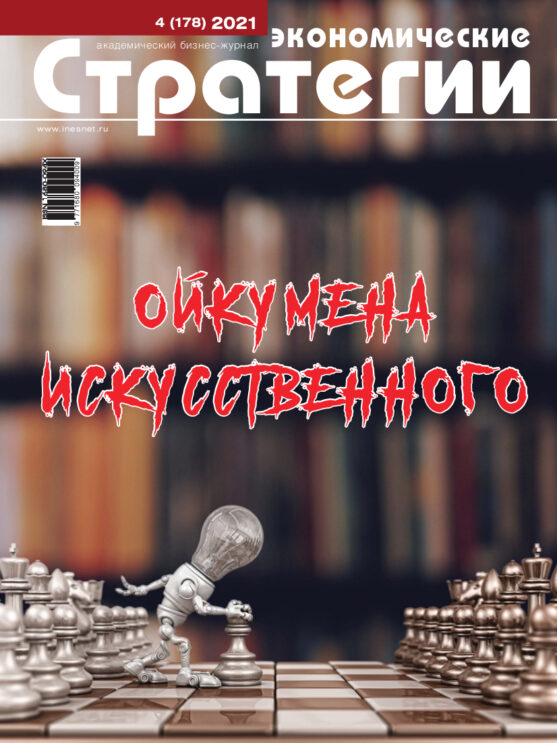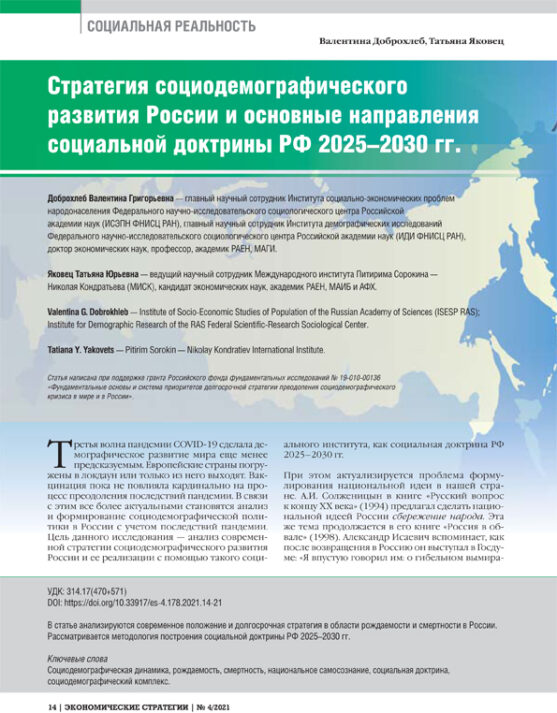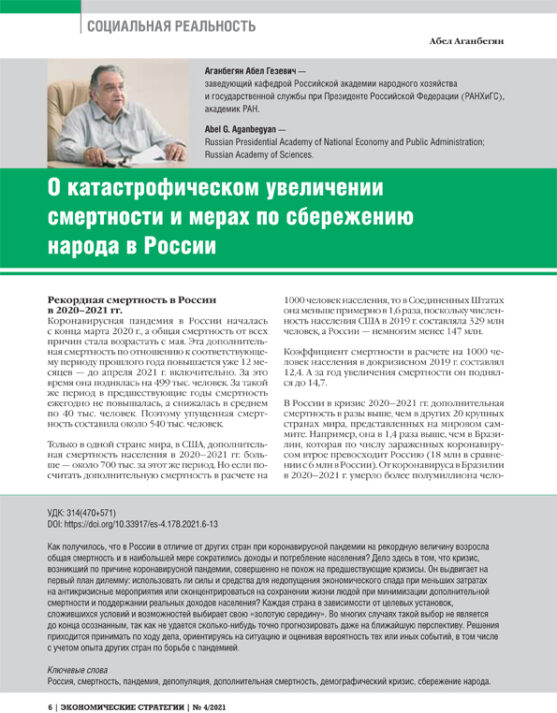Social Dominant of the Time Concept in the Process of Cardinal Transformations of Society
DOI: 10.33917/es-3.189.2023.86-93
The author examines a number of topical aspects of socio-political practice and futurology of the ongoing process of cardinal transformations in post-Soviet Russia. It is shown that this process constitutes the essence of global trends of permanent renewal of state-public institutions, socio-political and production practices; it is associated with abandoning outdated ideologemes, economic concepts, with the elites change in the ongoing struggle for dominance in power structures.
References:
1. Kenko-khosi. Zapiski ot skuki [Boredom Notes]. Saint Petersburg, 2011, p. 11.
2. Khaidegger M. Istoki khudozhestvennogo tvoreniya (1935–1936): Izbrannye raboty raznykh let [Origins of Artistic Creation (1935–1936): Selected Works of Different Years]. Moscow, 2008, p. 421, available at: Haydegger_Istok-hudozhestvennogo-tvoreniya_RuLit_Me_515679.pdf.
3. Aron R. Etapy razvitiya sotsiologicheskoi mysli [Stages of the Sociological Thought Development]. Moscow, 1992, p. 256.
4. Knyazeva E., Kurdyumov S. Osnovaniya sinergetiki: Rezhimy s obostreniem, samoorganizatsiya, tempomiry [Fundamentals of Synergetics: Blow-Up Modes, Self-Organization, Tempo Worlds]. Saint Petersburg, 2002, pp. 306–308.
5. Makanin V. Pyataya knopka [Fifth Button]. Novyi mir, 2006, p. 10.
6. Rakitov A. Tsivilizatsiya, kul’tura, tekhnologiya i rynok [Civilization, Culture, Technology and the Market]. Voprosy filosofii, 1992, no 5.
7. Gesse G. Faust i Zaratustra. Doklad, sdelannyi v bremenskoi mestnoi gruppe Germanskogo soyuza monistov 1 maya 1909 g.: V kn. “Faust i Zaratustra” [Faust and Zarathustra. Report made in the Bremen local group of the German Monist Union on May 1, 1909: In the book “Faust and Zarathustra”]. Saint Petersburg, 2001, p. 23.
8. Yadov V.A. Teoretiko-kontseptual’noe ob”yasnenie “postkommunisticheskikh transformatsii” [Theoretical-Conceptual Explanation of “Post-Communist Transformations”]. Rossiya transformiruyushchayasya. Ezhegodnik, vyp. 6, Moscow, 2006, p. 124.
9. Davydov A.A. Mezhdu mistikoi i ratio [Between Mysticism and Ratio]. Moscow, 2006.
10. Kelly K. Fouth, Humanism and Technology. N.Y. — L., 1972.
11. Lisichkin V.A., Virin M.M. Informatsionnoe obshchestvo kak politicheskaya futurologiya [The Information Society as Political Futurology]. Moscow, 2009, p. 25.
12. Mesarovic M., Pestel E. Mankind at the Turning Point. N.Y., 1974, p. 40.
13. Sorokin P.A. Glavnye tendentsii nashego vremeni [Major Trends of Our Time]. Moscow, 1997.
14. Epshtein M. Znak probela [Blank Spaces]. O budushchem gumanitarnykh nauk, Moscow, 2004.
15. Horgan J. The End of Science: Facing the Limits of Knowledge in the Twilight of the Scientific Age. N.Y., Broadway Books, 1997, p. 7.
16. Kuznetsov V. Geokul’tura [Geoculture]. Moscow, 2000, p. 580–582.
17. Annan K. Predotvrashchenie voin i bedstvii: global’nyi vyzov rastushchikh masshtabov: Godovoi doklad OON za 1999 g. [Preventing Wars and Disasters: A Global Challenge of Growing Size: UN Annual Report 1999]. N.Y., 2000.




